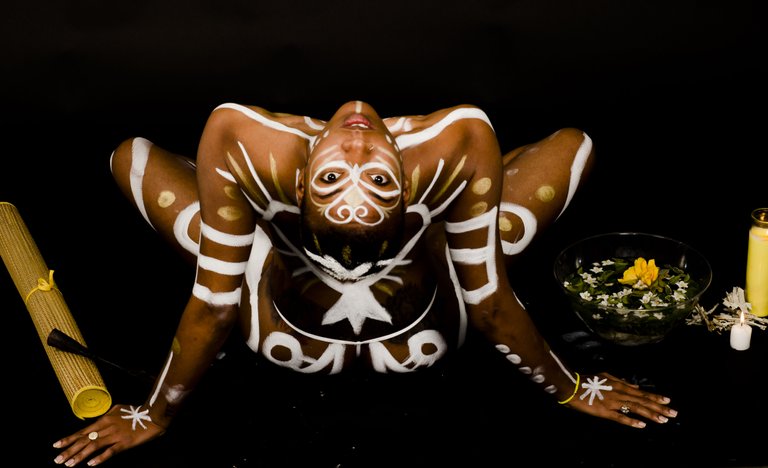 Opé ni fún Olórun
Opé ni fún Olórun
Gratitude to the Ower of the Realm of the Ancestors.
Ìbà Olódùmarè, Oba àjíkí. Mó jí lòní. Mo wo’gun mérin ayé.
I respect the Creator, the King who we praise first. I awake today. I behold the four corners of the World.
Ìbà ilà Oòrùn.
I respect the power of the East.
Ìbà iwò Oòrun,
I respect the powers of the West.
Ìbà Aríwá.
I respect the powers of the North.
Ìbà Gúúsù.
I respect the power of the South.
Ìbà Oba Ìgbalye.
I respect the King of the Seasons of the Earth.
Ìbà Òrun Òkè.
I respect the Invisible Realm of the Mountains.
Ìbà Atíwò Òrun.
I respect all things that live in the Invisible Realm.
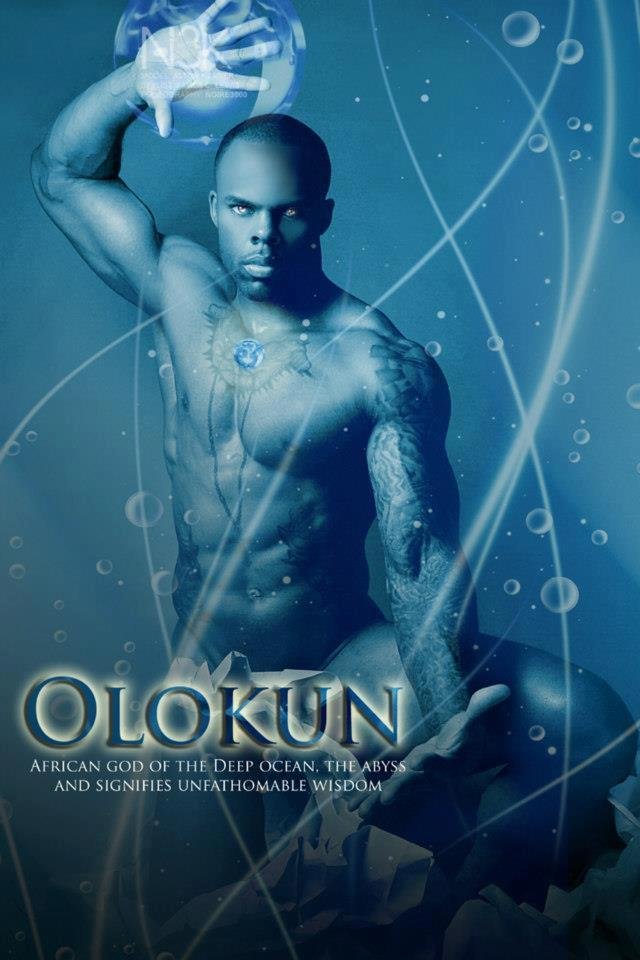
Ìbà Olókun à – sòrò – dayò.
I respect the Spirit of the Ocean, the one who makes things prosper.
Ìbà aféfélégélégé awo ìsálú – ayé.
I respect the power of the wind, the Mystery of the Mysterious World.
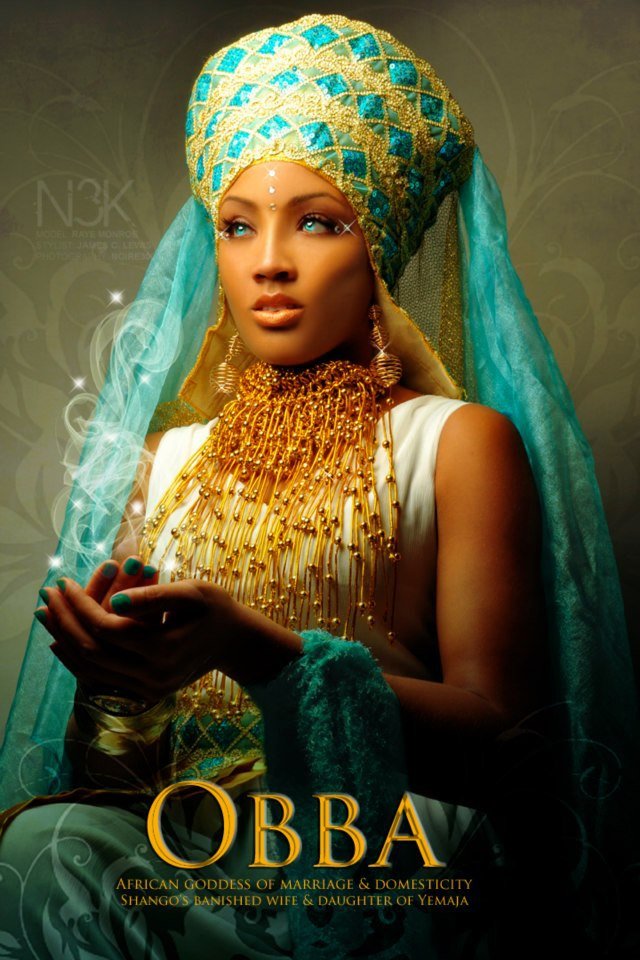
Ìbà Ògègè, Oba.
I respect the Mother Earth who sustains the Universal alignment of all things in Nature.
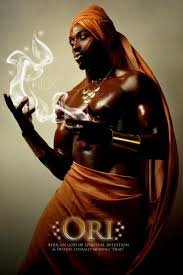
Ìbà Orí,
I respect the Spirit of Consciousness.
Ìbà Orí inú.
I respect the Spirit of the Inner Self.
Ìbà Ìponrí ti ò wa’l'Òrun.
I respect the Spirit of the higer Self who lives in the Invisible Realm of the Ancestors.
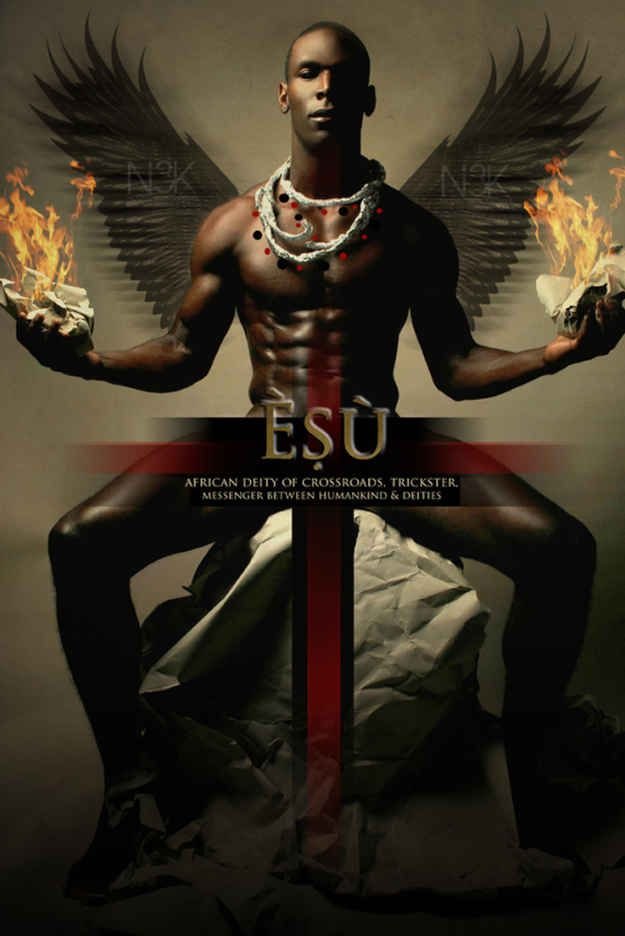
Ìbà Èsú (Name of Road) Òkunrin orí ità, árà Òké Ìtase, ào fi idà re lálè.
I respect the Divine Messenger of (Name of Road), the Man of the Crossroads, from the Hill of Creation; we will use your sword to touch the Earth.
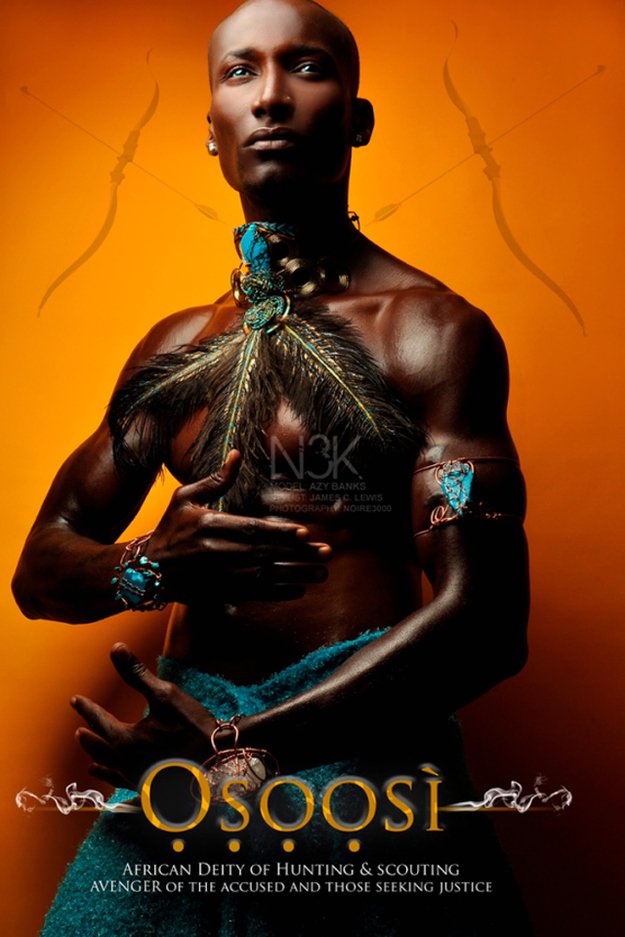 Ìbà Òsóòsì ode mátá.
Ìbà Òsóòsì ode mátá.
I respect the Spirit of the Tracker, Owner of the Mystery of Spotted Medicine.
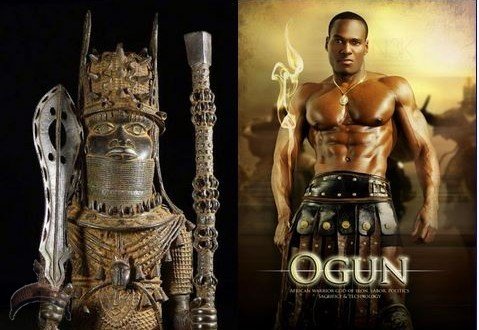
Ìbà Ògún awo, Oníle kángu – kángu Òrun.
I respect the Mystery of the Spirit of Iron, the owner of innumerable homes in the Realm of the Ancestors.
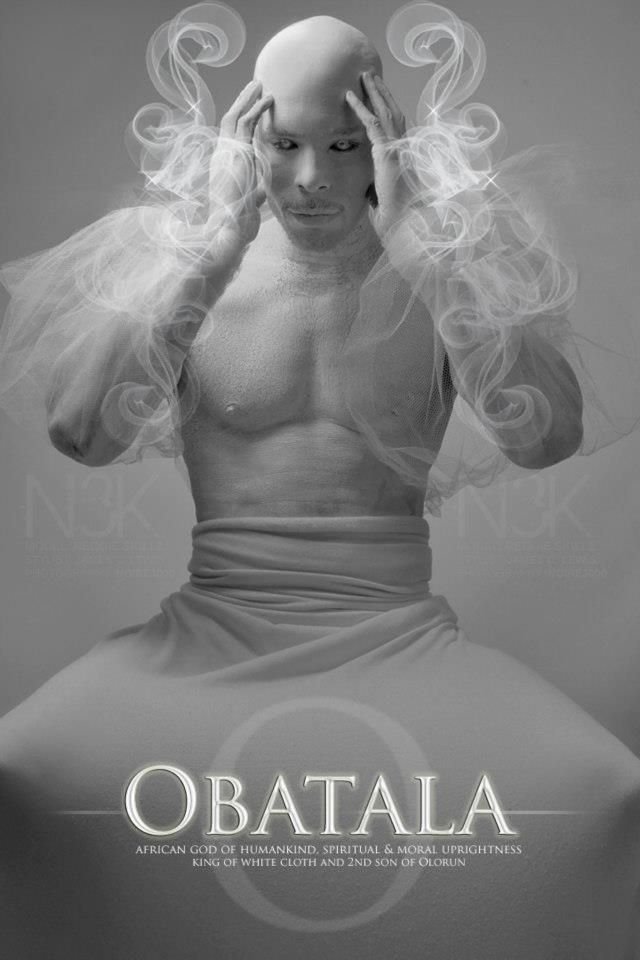
Ìbà Obàtálà, Òrìsà Òséré Igbó. Oni kùtúkùtú awo òwúrò, Ikù iké, Oba pàtà -pàtà tí won gb’odé ìranjè.
I respect the Spirit of the King of White Cloth who is praised at the Sacred Grove. Owner of the Ancient Mystery of the White Cloth, the Spirit Who is praised on the sacred day of the Forest, Guardian of those with physical disabilities. King of all future generations.
Ìbà Yemoja Olúgbé – rere.
I respect the Mother of Fishes, the Giver of Good Things.
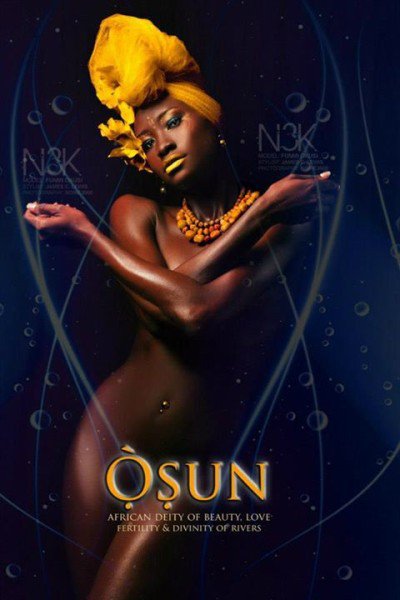
Ìbà Osun oloriya igún aréwa obirin.
I respect the Spirit of the River, owner of the hair comb
Ìbà Òlukósó aira, bàmbí omo arigbà según.
I respect the King who does not die, the Child of the Thunder Stone.
Ìbà Àjáláiyé Àjàlórun Oya Olúwèkù.
I respect the Winds of Earth, the Winds of the Invisible Realm of the Ancestors, the Spirit of the Wind is the one who guides the mediums of the Ancestors.
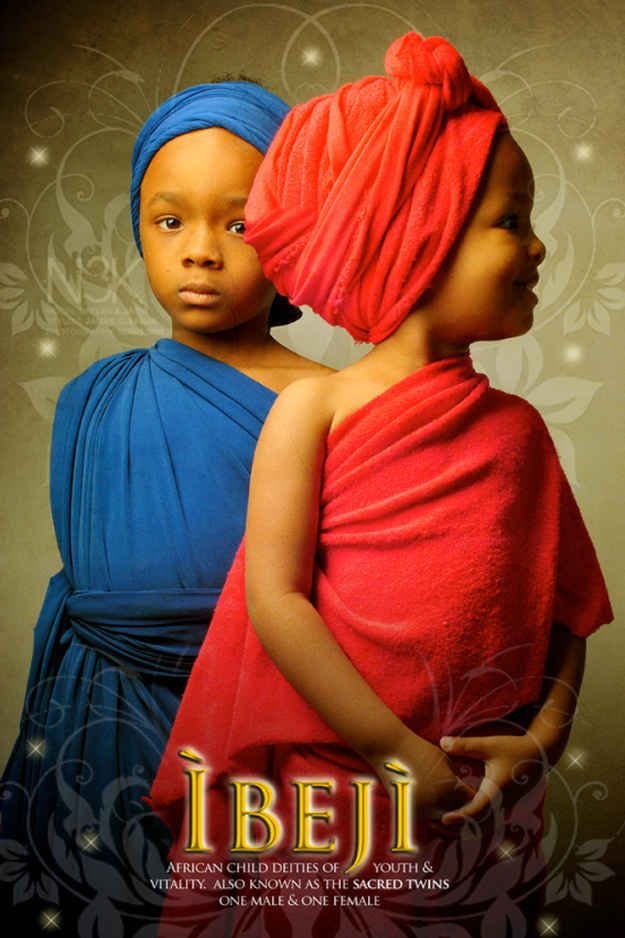
Ìbà Ìbejì orò.
I respect the Transforming power of the Spirit of the Twins.
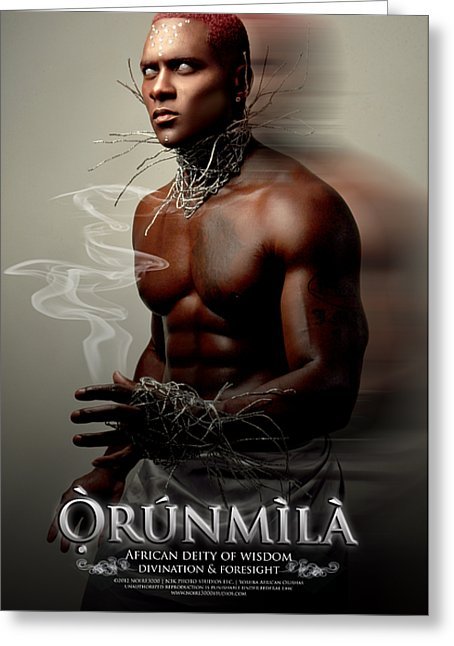
Òrúnmìlà elérìn-ìpin, Aje ju ogún, Ibi keji Olodumare.
Spirit of Destiny, Witness to Creation, the provider of strong medicine.
Kikan mase,
I ask for the support of
Ìbà Ojubo ònòméfà. Ase.
I respect to the shrine of the six directions.
Hi friends,
If you are in anyway familiar with the Yoruba African Traditional cosmology, then you would know that this is no mere poem or lyric, this is an opening invocation, the very lines recited by an Ifa Priest or Babalawo (Herbalist) or traditional elders before any ceremony or before consulting the oracle. I am not an authority when it comes to traditional practices but I have been getting a little help online especially from Alade Adebola. So, with the little help I have garnered, I would like to make a relatable exposition about Ifa and its practice.
Ifa is many things in one. He is a prodigy, he is a messenger, he is a son, he is Wisdom. But most of all, Ifa is a deity. And like many other things, the Yoruba cosmology has successfully wrapped a story around this god that explains quite a lot. This comes from Wikipedia (Yoruba)
Ifá jé òrìsà kan pàtàkì láàrin àwon Yorùbá. Àwon Yorùbá gbàgbó wí pé Olódùmarè ló rán ifá wá láti òde òrun latí wá fi ogbón rè tún ilé ayé se. Ogbón, ìmò, àti òye tí olódùmarè fi fún ifá ló fún ifá ní ipò ńlá láàrin àwon ìbọ ní ile Yorùbá. “A-kéré-finú-sogbón” ni oríkì ifá.
Ìgbàgbọ́ Yorùbá ni wípé ní ìgbà kan rí, ifá gbé ọ̀de-ayé fún ìgbà pípẹ́ kí o tóó padà lọ sí ọ̀rùn. Ní ìgbà tí ifá fi wà ní ilé ayé, ó gbé ilé-ifẹ̀ fun ìgbà péréte. Ṣùgbọ́n ní ìgbà tí ọ̀rùnmìlà fi wà láyé yìí naa, a tún maa lọ sí òde ọ̀run lẹ́ẹ̀kọ̀ọ̀kan tí olódùmarè bá pèé láti wá fi ọgbọ́n rẹ̀ bá òun tún òde-ọ̀rùn ṣe. Nítorí náà gbáyégbọ́run ni ifá ńṣe.
Ìtàn sọ fún wa wipe ọmọ mẹ́jo ni ọ̀rúnmìlà bí nígbà tí ó wà láyé, nígbà tí ó di ọjọ kan ti ọ̀rùnmìlà ńṣe ọdún ni ọ̀kan nínú àwọn ọmọ yìí tíí ṣe àbíkèhìn pátápátá báse àfójúdi sí ọ̀rúnmìlà, ni ọ̀rùnmìlà bá binú fi ayé sílẹ̀ lọ sí òde ọrun. Ni ìfá bá relé olókun kòdé mọ́. Ó lẹ́ni tẹ́ bá ri i, ẹ ṣá maa pè ní baba”. Ṣùgbọ́n ọ̀rùnmìlà fún àwọn ọ̀mọ rẹ̀ méjẹ̀ẹ̀jọ náà ní ikin mẹ́rìndínlọ́gùn ó ní bẹ ẹ délé bẹẹ bá fówóó ní, ẹni tẹ̀ ẹ́ maa bi ninu.
Ìkín mẹ́rìndinógun náà ni à ń lò lòníí láti bèèrè nǹkan lọ́wọ́ ifá.
English translation
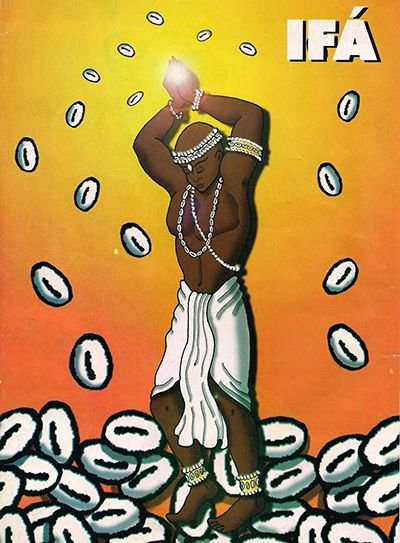
Ifa is one important god amongst the Yorubas. Most Yoruba people believe that Olodumare (God) was the one that sent Ifa from heaven to use his wisdom to change the world and make it better. The wisdom, Knowledge and understanding that God gave Ifa are what gives Ifa a powerful position amongst people in Yoruba lands. The panegyric of Ifa is 'A small person whose stomach is full of wisdom' (small-but-mighty).
The belief of Yorubas is that at one time, Ifa lived on earth for a complete season before he went back to heaven. When Ifa was here on earth, he lived at Ile-Ife for a short time. But when Orunmila (the father of all Yoruba gods) was here on earth as well, he still goes to heaven once a while when God calls him to come use his wisdom profitably in heaven. Because of this, Ifa in his lifetime traversed often both heaven and earth.
The story goes on to say that Orunmila gave birth to eight children when he was alive. One day when Orunmila was celebrating, one of his children, the very last born particularly, behaved insolently towards Orunmila. Orunmila got so angry that he left earth immediately and went back to heaven. Taking a cue from this, Ifa also went to heaven and never came back. Before Orunmila left, though, he gave his eight children sixteen Ikin ( the system of Ifa divination. It is also used to refer to a type of divination chain made of sacred kola nuts or palm nuts. We also have other types of chains- Opon Ifa and Opele). This makes Orunmila the Grand Priest who revealed prophecy and divination to the world.
These sixteen Ikin (divination system from which we have the Ifa principal literary verses called Odu Ifa) is what we use now to ask wisdom or prophecy from Ifa. There are sixteen major Odu Ifa with several uncountable sections within each of them.
You might have noticed that there appears there are two stories here of two deities, Orunmila and Ifa, merged into. Well, this is because all of the Yoruba deities are most times so interlocked that it is sort of hard to talk about one without referring to another. For example, you cannot talk about Ogun without making mention of Obatala. Even Ifa who is regarded as the God of purity and symbolised by the colour white is worshipped side by side with Esu, who is the most mischievous god of the whole flock and is usually identified with the colour red. In fact, every Babalawo or Ifa Priest has what is called a Yangi, which symbolises the presence of Esu in their Ifa abode. Esu is said to lend Ase (Amen) to the oracle during provision of direction and or clarification of counsel from Ifa. There is a whole lot of mystery behind Ifa and his buddies that might not be clear to non-initiates.
But one thing is clear; the worship of Ifa has traversed several places and cultures and it now has quite a universal acclaim. In tribes like the Igbo and Ewe of Ghana and Togo, Ifa is worshipped as Afa. Just as it is a growing practice amongst Americans, Afro-Americans, Cubans, Brazilians and those in the Canary Islands.
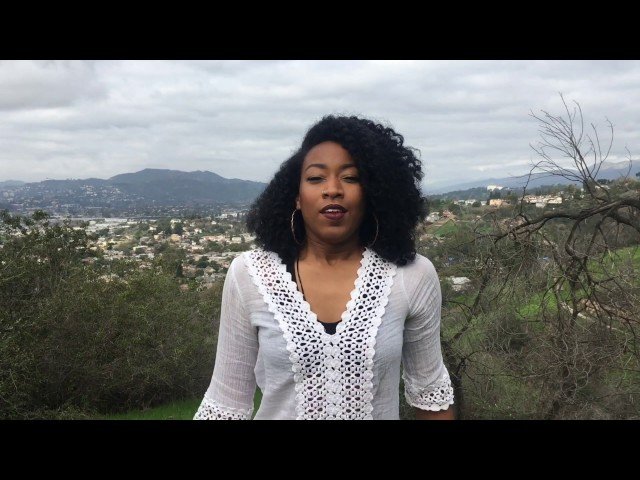
Hinging closer to all these, I would like you to meet Siana, an American lady who came all to the way to Nigeria to become an Ifa Priestess. According to her, she had been having a lot of doubts about religion which forced her to become an atheist. But then, she was not able to confront the realities that science and physics kinda force us all to stand up to. She had to admit that for all the unexplainables and mysteries in the world, there must be a 'Greater being'.
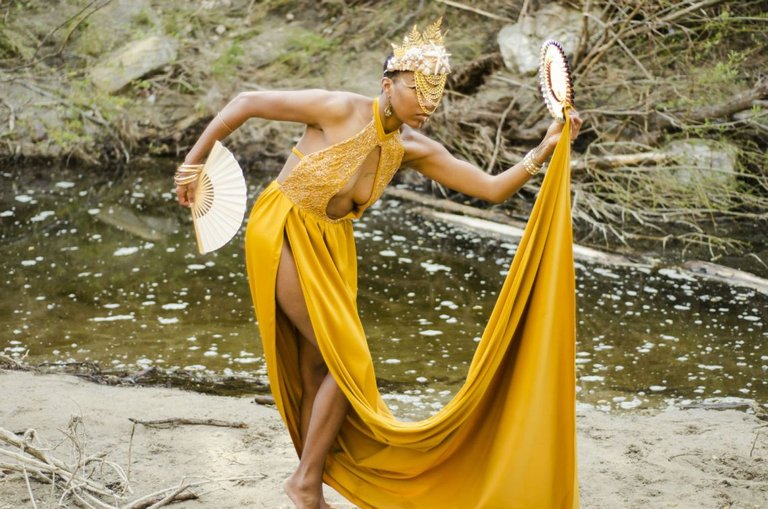
This made her begin to search for answers. Her resort to Ifa as a solution came when she did a DNA and discovered she was originally rooted in the Yoruba tribe of Nigeria. She started a GofundMe campaign from which she raised about $7,000 to fund her travel to Nigerian and her initiation programme.
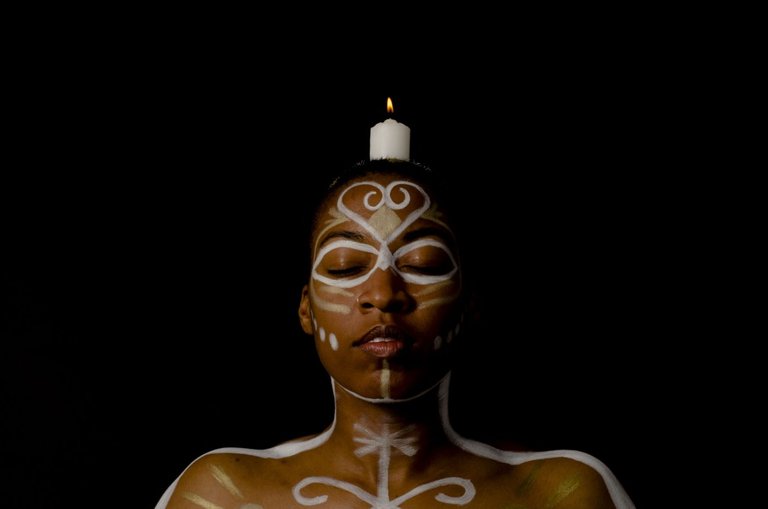
Judging from all the videos she has posted online, she is on her way to being an emissary of the Ifa deity. There is a lot of foreigners like Siana who believe they have found their root in traditional religions and they are going all out to embed themselves in these unfamiliar ways. 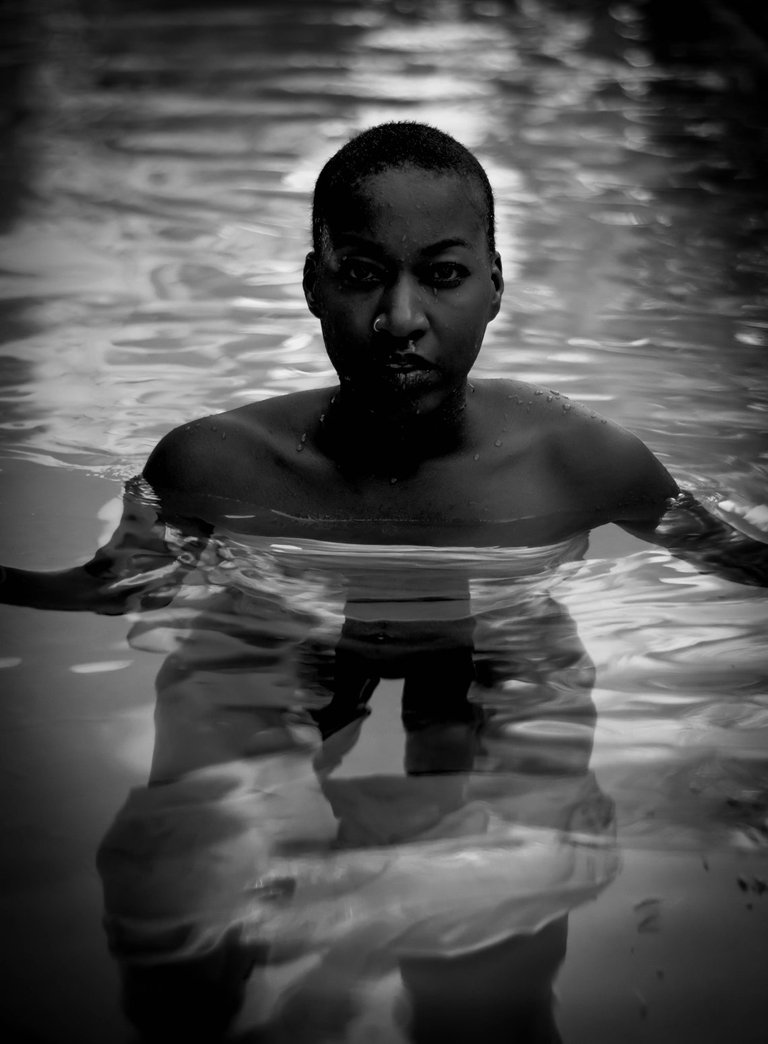
One question their action prompts is that considering the in-depth nature of these traditional systems, is it safe for these ones to go on and lead on this sort of lifestyle?
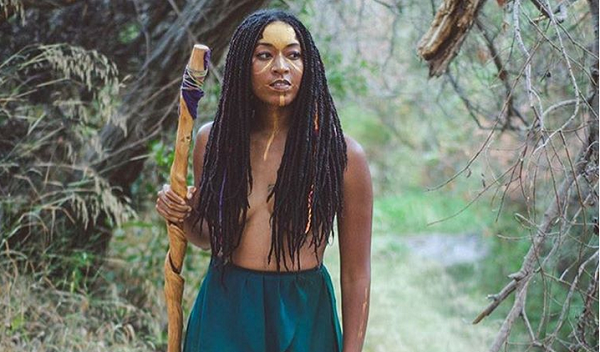
I would like to know your take on this. Please drop your comment and upvote.
Great Photo art from Fine art America and Nerve Africa.
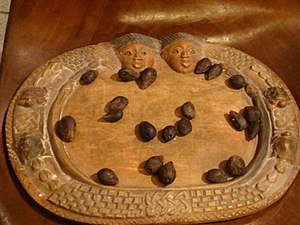
I can only describe this as amazing
Thanks @littefairy. Would like to read something you wrote too. I am sure it would be just as amazing.